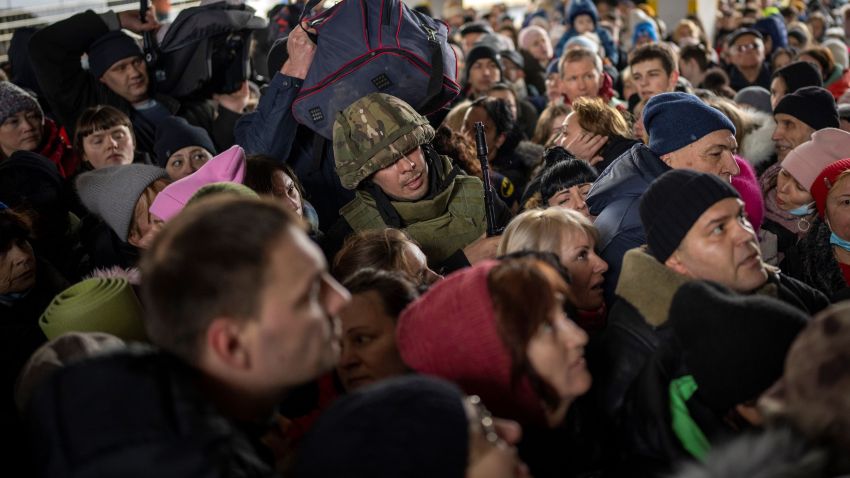Soon after Russia invaded Ukraine in February 2022, Kyiv filed a notice with the United Nations secretary-general that it would be establishing martial law and derogating from its obligations under a number of human rights treaties due to national emergency. Among these derogations was the right to freedom of movement for adult men aged 18 to 60, who have since then been barred from leaving the country and denied the ability to flee the war with their families, regardless of their training or fitness for military service.
In a recent article for Foreign Policy, I wrote about the human rights and humanitarian aspects of this policy, which contradicts treaties guaranteeing gender equality and the freedom of movement for all civilians. Others have made similar arguments. Amy Maguire, a professor of law, has written that the law likely violates the non-derogable right to freedom of conscience by failing to carve out an exception for conscientious objection. Pia Storf, a doctoral candidate in public law and international security, makes a similar case, arguing that Ukraine did not meet the bar for a derogation from the “right to leave one’s country” rule, having not demonstrated such a policy was “strictly necessary.”
These legal and human rights arguments are compelling. But interestingly, when the University of Massachusetts-Amherst’s Human Security Lab, which I direct, recently conducted a survey of roughly 3,300 Ukrainians on this issue, we found that human rights-based arguments were not the main ones they cited for lifting the ban. A majority of the respondents were against “requiring men to stay,” but a surprising number of the reasons they offered for changing the law involved practical, strategic considerations relating to the war effort.

